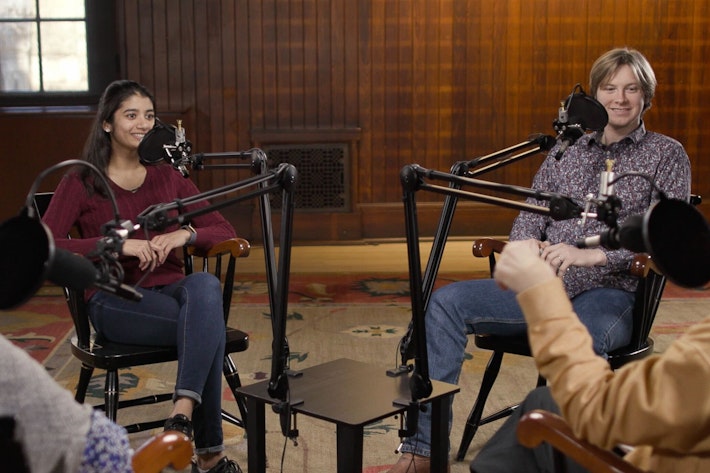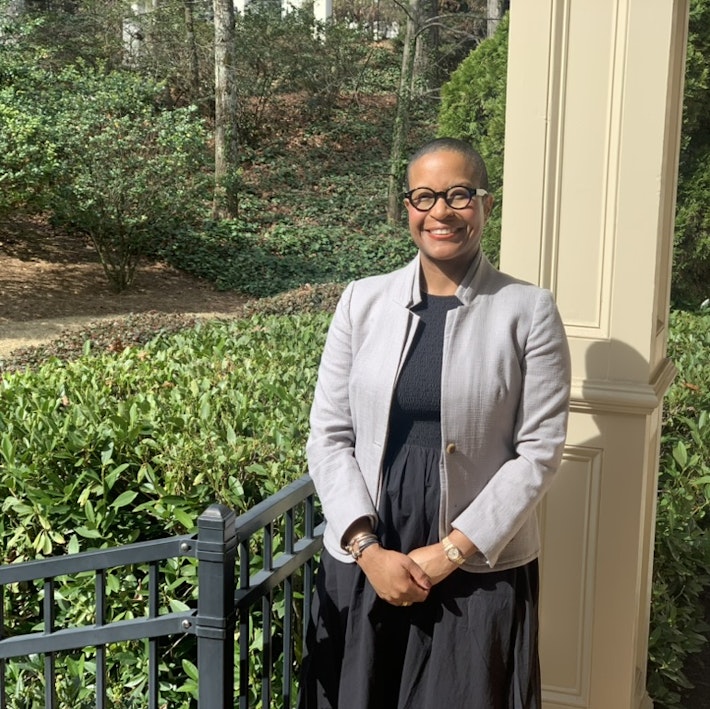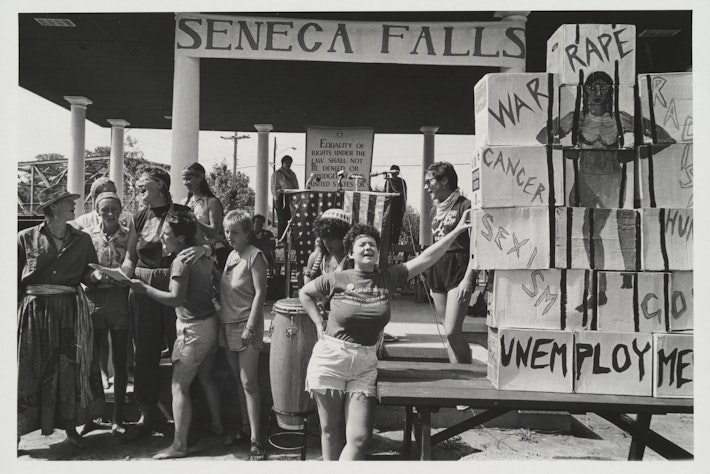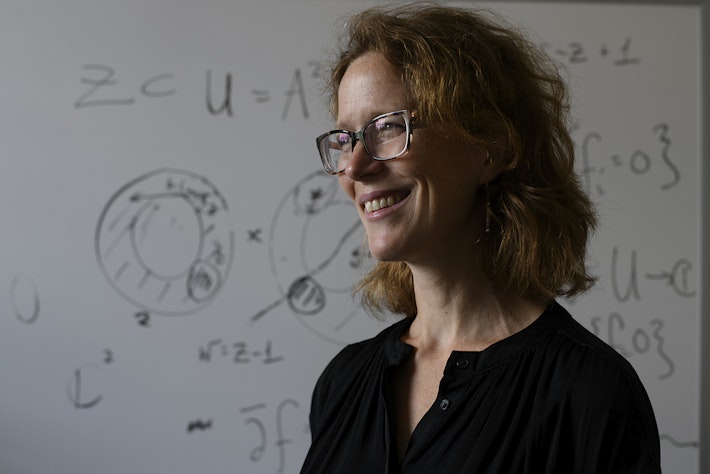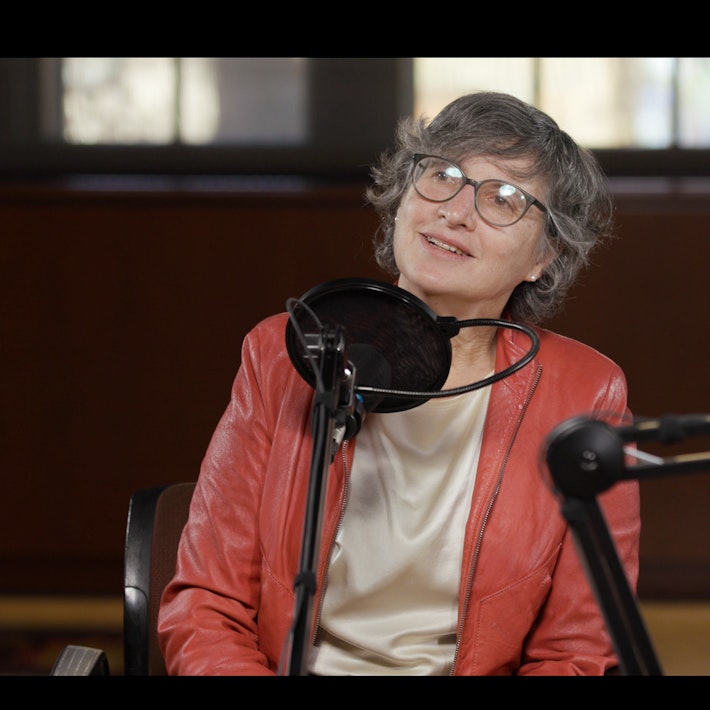We Could Have Been Friends
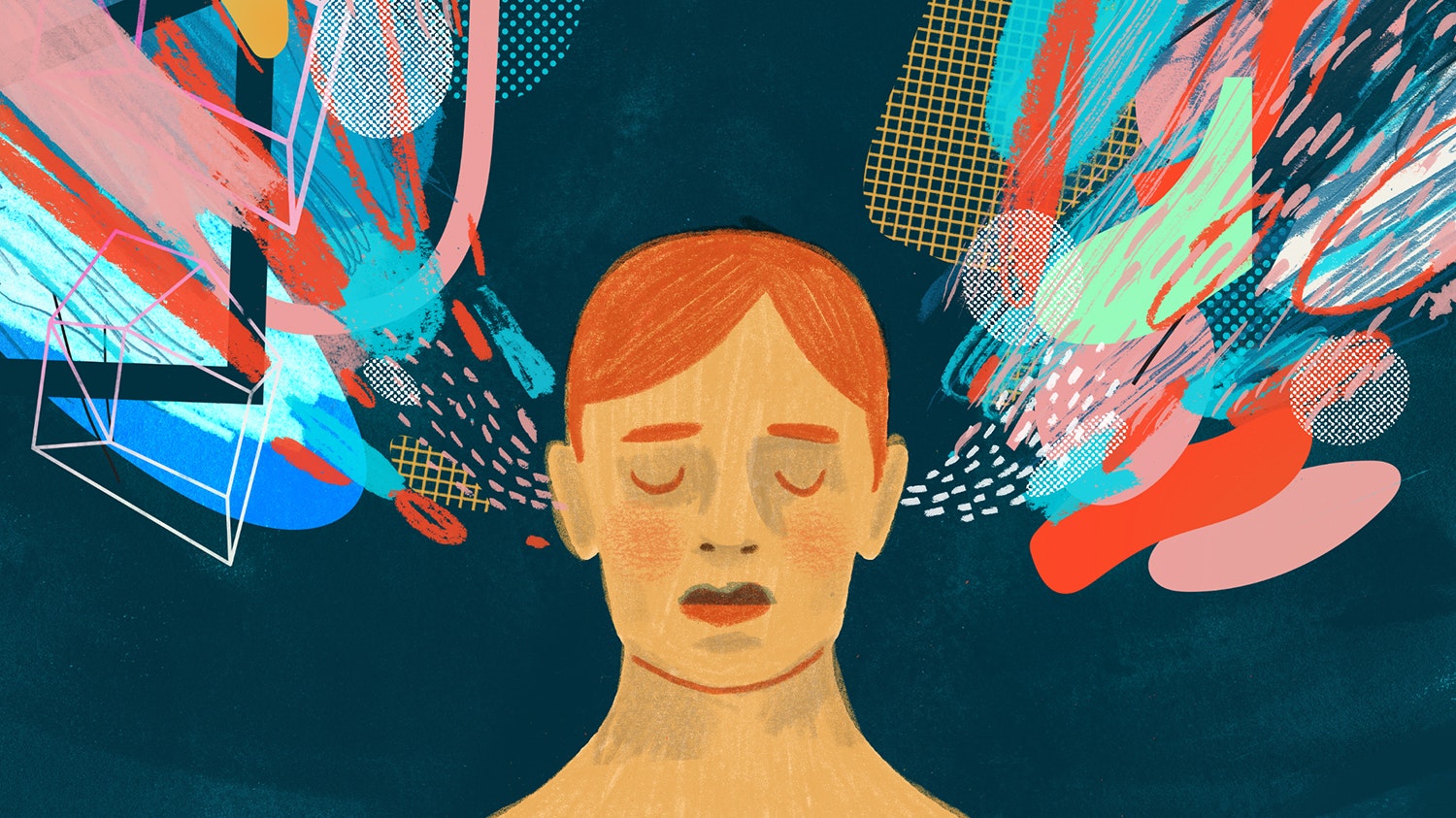
A horrifying thought came to me the other night (as they do): What if I never again make a new friend?
There’s a certain rush in making a stranger known. In looking into their eyes and really listening. In trying to understand where they come from, how they think, the point they’re trying to make. In catching their subtle joke.
Building a rapport is like working together to build a sandcastle—and, yeah, sometimes your efforts aren’t compatible. Ideas clash as if from entirely different blueprints, the conversation stalls, the delicate structure crumbles. But just trying to build that sandcastle can be a beautiful thing. The listening—it takes concentration. And it’s a way of seeing: as you tune in, that person’s real self comes into focus. Soon you discover whether you are susceptible to each other’s platonic charms.
Reading by Ivelisse Estrada
Over the years, I’ve found myself wrapped up in the magic of new characters at parties, in the cozy garden-level pub that is my local, over the roar of a local band. Each time, I reveled in the alchemy that turns a stranger into a friend. When others joked that it would be easier to point out who I didn’t know, I joked that that should be expected when one mingles in a small town and considers people a hobby.
It’s hard to pin down my metamorphosis into a social butterfly. Anyone who knew me in my fraidy-cat childhood surely wouldn’t have predicted it: I came to tears a little too easily, making me an easy mark for the taunts of my more feral cousins and classmates. But I slowly transformed over my late teens, and by college—emboldened by the 1,800 miles between me and my past—I found a different self. In the dining room of my massive freshman dorm, I would make full use of dinnertime by flitting from table to table. As my first round of pals finished their meals and returned to their studies, I’d spot someone else I knew and join them for a “quick hi,” a cycle that would continue until every last tater tot had been spooned out of its metal tray and there was no one left to talk to. Even now, I have to work at not being the last one at the party.
But what does the butterfly do when the social calendar is blank and—masked protests aside—opportunities to gather with unknown others have dwindled? The coronavirus has driven us all indoors, and being among strangers feels foolish if not downright dangerous. One of the things that makes me feel most alive—winning over a new friend—has been taken away.
I’m left instead to sit in my home office and listen to the rumble of the delivery truck, the clang of its metal door as it opens and shuts, the thud of the Amazon boxes as they’re delivered to front porches along my street. I listen to the smattering of barks that announce the arrival of the Happy Tails dog-sitter and the whining of my neighbor’s pup, Jolene, as she joins the doggy singalong. I listen to the hum of the refrigerator, and the scratching that announces my cat’s latest bathroom accident. I hear the murmur of neighbors’ conversations on the street below and peer out at them from behind my curtain, wondering if someone will be out there when I make my own trip to the market, ready to listen.
This essay appeared in the Fall 2020 issue of Radcliffe Magazine.
Ivelisse Estrada is the associate editor of Radcliffe Magazine.


